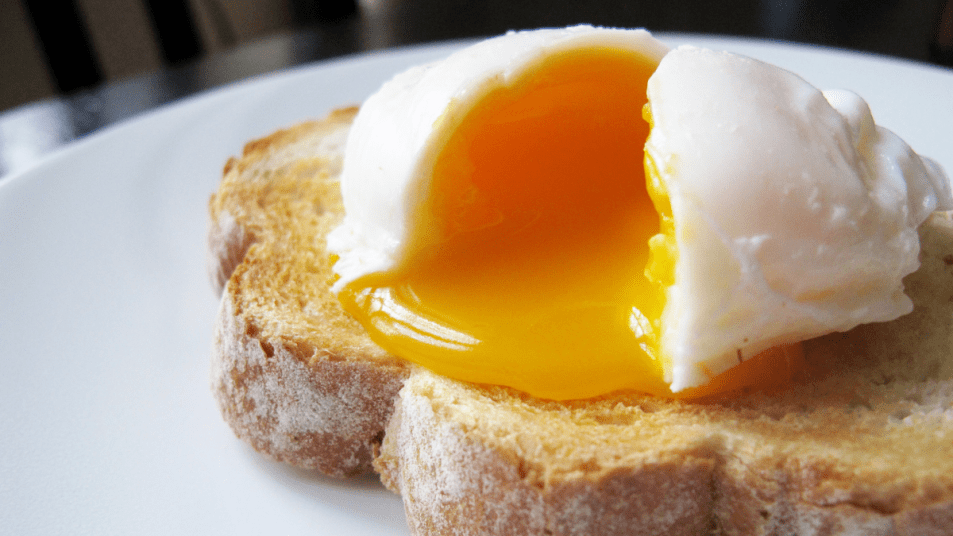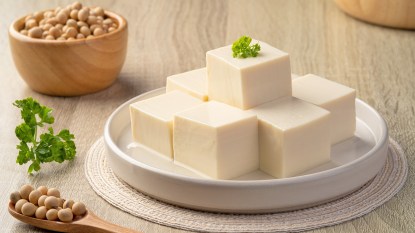Should You Cook Your Eggs in the Microwave? Here’s What You Need to Know

Food hacks are all the rage nowadays, enabling us to make our favorite foods quicker and with less mess than ever before. One that’s gained traction after going viral on social media in recent years is microwave eggs, where you can poach, scramble, or fry an egg using nothing more than a mug of water or a plate.
While so many people swear by the process for quick ‘n’ easy eggs, it isn’t all it’s cracked up to be. A woman in the UK burned her entire face and part of her neck after sticking a cold spoon in scalding egg-poaching liquid in her microwave, causing it to spark. A young girl also recently dealt with severe burns after the super-heated yolk from her microwaved meal exploded all over her.
So, should you steer clear of the microwave altogether when it comes to eggs, or are there ways to still try one of these hacks and stay safe? Here’s what you need to know.
Why is it dangerous to microwave eggs?
Microwaves use an intense amount of heat in a pressurized environment to cook food quickly. Because of this, if you’re not careful about providing places for the extreme heat to escape your eggs, you could end up inadvertently causing them to burst.
Plus, as these incidents show, there’s a lot of potential for an accident to occur after you’ve microwaved your eggs, such as when you’re taking the contents out of the appliance or even when you’re sitting down to eat.
Are there any precautions you can take?
If you don’t have access to a full kitchen stove or don’t have enough time to break out the skillet and heat your stove top, there are a few key safety measure to keep in mind when microwaving eggs.
- If you’re poaching an egg or putting it in water to cook it another way, don’t fill your cup or bowl all the way to the top; stop adding water when your container is three-quarters full at most.
- Use microwave-safe containers that are glass, paper, or ceramics, and avoid ones that are plastic, aluminum, or metal.
- Pierce your eggs multiple times to ensure that there are enough places for heat to escape a yolk.
- Cook your eggs in shorter bursts, check how they’re handling the heat, and then add more time as you go.
- Never microwave eggs in their shells. Those shells provide a protective layer that acts as a barrier and seals in moisture and heat. When you microwave an egg, it needs a way to release excess heat, and if it can’t escape, the egg explodes.
- Use oven mitts or other protective gear when removing microwaved eggs. Not only are containers incredibly hot, but the eggs themselves are still privy to an explosion.
While cooking eggs on a stove top is still preferable from a safety perspective (and probably a taste one, too!), at least make sure you’re taking precautions if you’re using your microwave. You don’t want to end up with a mess — or worse, an accident — on your hands.













